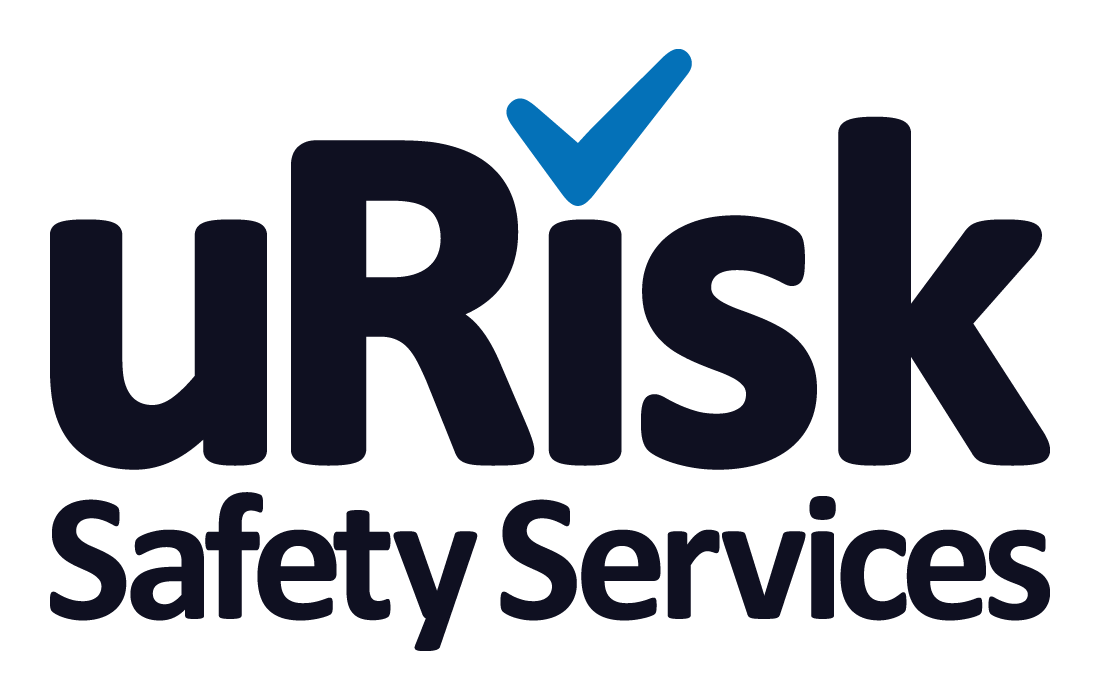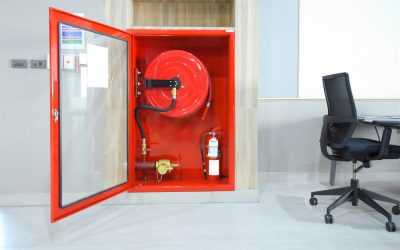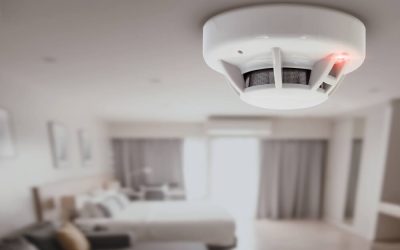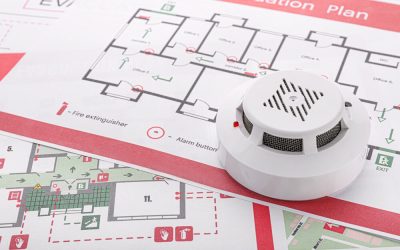Certified Water Chlorination Courses: Your Path to Water Safety
Chlorination is an important part of cleaning and disinfection in cold water systems. But chlorine needs extremely careful handling, so any legionella disinfection course must include a basic understanding of chlorination chemistry, chlorination methods and chlorine health hazards as well as safe handling.
Our classroom-based Clean and Disinfection Services Training Course is designed to cover all aspects of water system disinfection enabling you to do the process safely and according to regulations.
Why is Water Chlorination Important?
Minimising the risks from legionella bacteria and other harmful pathogens in your water system is one of the basic responsibilities of duty holders and responsible persons. Chlorination is one of the water treatment processes that help protect the public from waterborne diseases, including Legionnaires’ disease.
What is Chlorine?
Chlorine is a naturally occurring element, often found in combination with other elements such as salt compounds. It is the third most common element in the ocean, and the 19th most common in the earth’s crust.
People are used to chlorine being used to kill germs in swimming pools and spa pools, but it is also an important component in the manufacture of PVC, bleach, pharmaceuticals, and agricultural chemicals, as well as being used as part of the manufacturing process for products that need purifying, such as titanium, alloys, and dental implants.
Chlorine in Drinking Water
Chlorine has been added to public drinking water in the UK since 1905 to protect the public from harmful pathogens such as cholera and typhoid that were the cause of many fatal outbreaks in the past. It is now used in water supplies around the world.
Why Does Water Chlorination Need Training Courses?
Chlorine is a highly effective disinfectant because of its ability to kill germs, bacteria and other pathogens. In large enough quantities, it can be fatal to humans, so knowing chlorine exposure limits is important. Indeed, during the First World War, chlorine gas was weaponised and killed thousands of military and civilians. This is why it must be treated with such care, and why water chlorination training courses are so important.
In our Clean and Disinfection Services training course, which is aimed at chlorination water treatment operators, you will find out more about disinfection procedures as part of your legionella control duties. You will find out technical and practical information, and learn more about safe chemical quantities
On successful completion of this classroom-based training course and test, you will receive certification which carries CPD points.
Legionella Courses
If you are a newly appointed responsible person, it would be a good idea to get an in-depth knowledge of your water-related duties by undertaking legionella training. We run a number of legionella training courses including Legionella & Legionnaires Disease training course which covers the basics about the bacteria and how to reduce the risks of it developing on your premises.
Legionella and Water Hygiene Blog Posts
Office Fire Risk Assessment
As you would expect, keeping your office safe from the risk of fire is a legal requirement under the Regulatory Reform (Fire Safety) Order 2005. If you are the owner or manager of a business, or landlord of an office building, it is your responsibility to ensure your...
Fire Risk Assessment For Flats
Your legal requirements as a landlord include taking precautions to keep your tenants safe, including when it comes to the risk of fire in flats. As part of the fire safety regulations, fire risk assessments for flats is therefore part of your legal obligation to...
Getting A Risk Assessment For Fire in the UK
As an employer, landlord or facilities manager, it is your legal responsibility to keep everyone who uses your premises safe. A fire risk assessment is an important part of this because it identifies what might cause a fire so you can take steps to prevent one, as...



